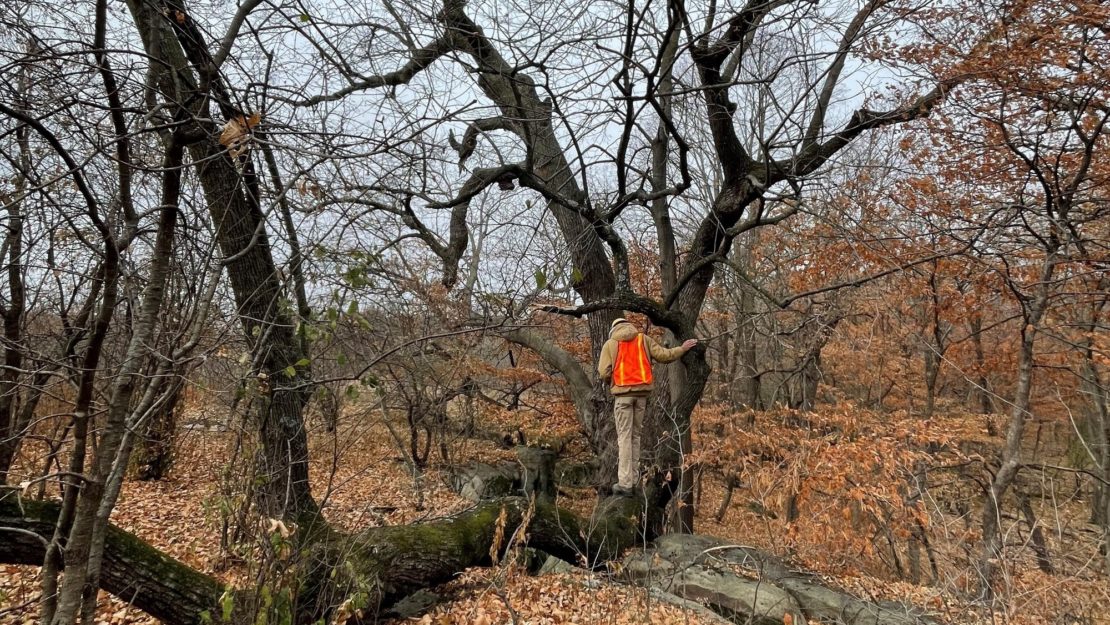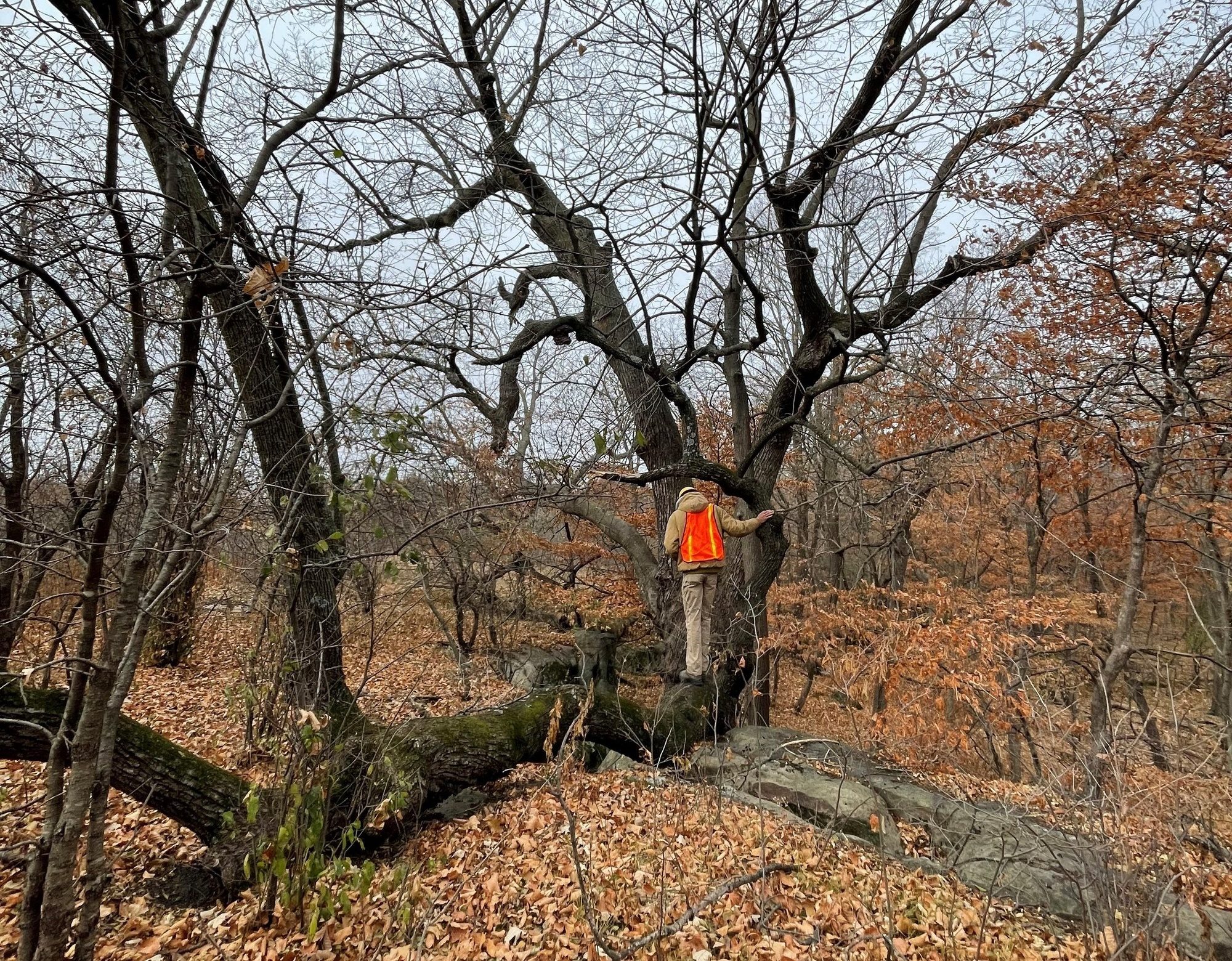Being Proactive

By Caroline LaBorde, Minnesota Valley Field Crew Member / AmeriCorps Member

Currently, I am taking a college course on Human Relations and Professional Development (sounds fun right?) Being a half-Semester class there is a lot of material to cover, and a lot of the topics that have come up I find myself using to address things in daily life. One of the first posts we were asked to make opens the idea of being proactive, our definition, as well as how it is applied in our lives.
Something that stood out to me from the reading we were assigned (7 Habits of Highly Effective People, by Stephen Covey) was the idea of a social mirror. I found myself realizing while working with others why it can be so confusing when ‘common-sense’ things seemed out of reach for them. Anything that I might think is ‘common-sense’ is only ‘common’ in my own frame of reference, my own lens of perspective if you will (sound familiar?). This draws right along to being proactive- now, being proactive sounds pretty simple: be organized, keep a list of tasks, send emails and on and on. This is what education and job training likely has taught many of us. Let’s look at it another way- the idea that using proactive language in relationships means conversations focus on the can-do, the positive outlook.


Now, that was a lot of psychoanalysis, but what does it mean and how can we apply it in our daily lives? I personally plan to embrace the use of proactive language and actions by being careful not to fall into a reactive spiral when confronted. Being wary of our social mirror and those ‘rose-tinted glasses’ in situations where there are many different backgrounds and experiences to be mindful of is a great way to apply the ‘common-sense’ breaker (aka 5kg sledge) if we find ourselves creating biased opinions of others. What analogy will you use to be mindful?
